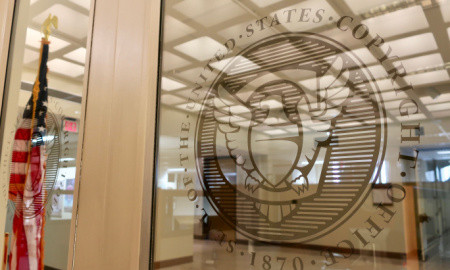The US Copyright Office has, for the second time, rejected the registration of artwork jointly created by an artist named Ankit Sahni and an AI painting app called Raghav. The artwork, titled Suryast, was inspired by Van Gogh and was initially submitted for copyright in 2021, listing both Sahni and the Raghav AI app as co-authors.
The office’s review board carefully considered arguments presented in two registration requests and concluded that Suryast lacked “sufficient human authorship” necessary for a valid copyright claim. Ankit Sahni, claiming sole copyright, had asserted that his creative input was evident in the work. However, the office maintained that the human authorship could not be discerned or separated from the final output produced by the AI program.
Ankit Sahni’s initial attempt to register the work in June 2022 faced rejection due to the absence of human authorship. Despite his plea for reconsideration in September 2022, citing Raghav as an “assistive software tool,” the office reiterated that the work constituted a derivative digital adaptation with insufficient original human authorship.
In July 2023, Sahni made a second appeal, arguing that Raghav served as a tool subject to his creative decisions. However, the board reaffirmed its position, emphasizing that the expressive elements crucial for pictorial authorship were determined by the AI app, not Sahni. The board suggested that Sahni could register his original photograph, but the AI-modified version couldn’t be registered without meeting statutory requirements.
The challenges in copyright frameworks keeping pace with AI advancements are evident in this case. An inquiry into ownership and legal rights of generative AI, launched by the US Copyright Office in August, reflects the broader struggle in adapting copyright laws to address AI-related issues. Companies like Open AI and Meta have faced lawsuits alleging the use of copyrightable material in training their AI systems. The evolving landscape prompted the Copyright Office to seek public input, with comments due in October and November.



